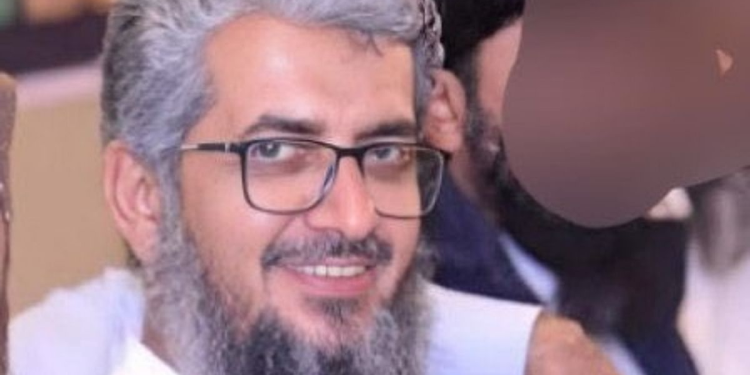Lashkar-e-Taiba (LeT) terrorist Razaullah Nizamani Khalid, alias Abu Saifullah Khalid, was killed today by three unidentified gunmen in Pakistan’s Sindh province. Khalid, who operated under multiple aliases including Vinode Kumar, Mohammed Salim, and Razaullah, was the mastermind behind the 2006 attack on the Rashtriya Swayamsevak Sangh (RSS) headquarters in Nagpur.
According to officials in New Delhi, Khalid was shot down near a crossing at Badni in Sindh province. He was reportedly declared dead upon arrival at the hospital. Local media reports have characterized the killing as “a case of personal enmity,” though no further details about the assailants or their motives have been confirmed.
Khalid held a significant position within LeT’s operational structure during the early 2000s, heading the terror group’s operations from Nepal. He was identified as a close associate of Abu Anas, another high-ranking LeT operative.
The 2006 attack on the RSS headquarters that Khalid orchestrated ended with all three terrorists being shot dead by security forces before they could cause major casualties.
Beyond the RSS headquarters attack, Indian officials have linked Khalid to several other high-profile terror strikes on Indian soil. He was allegedly the mastermind behind the 2005 attack on the Indian Institute of Science in Bengaluru, which resulted in the death of IIT professor Munish Chandra Puri and injuries to four others.
Additionally, Khalid was implicated in planning the 2008 attack on a Central Reserve Police Force (CRPF) camp in Rampur, Uttar Pradesh, which claimed the lives of seven CRPF personnel and one civilian.
The killing of Khalid comes amid ongoing tensions between India and Pakistan over terrorism issues, with India consistently maintaining that Pakistan provides safe haven to terrorist organizations targeting Indian interests.
While Pakistan has not yet issued an official statement regarding Khalid’s death, the incident highlights the complex reality of terrorist operatives who continue to live and operate within Pakistan’s borders, sometimes meeting violent ends through unexplained circumstances or internal conflicts.
Indian security agencies are likely to monitor the aftermath of this development closely, particularly any potential reorganization within LeT’s operational hierarchy following the elimination of a figure involved in multiple attacks against Indian targets.





